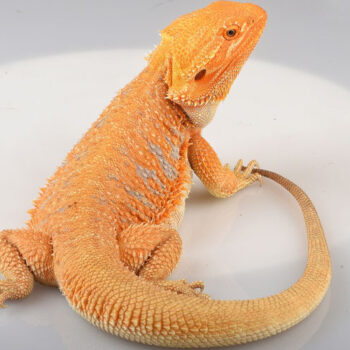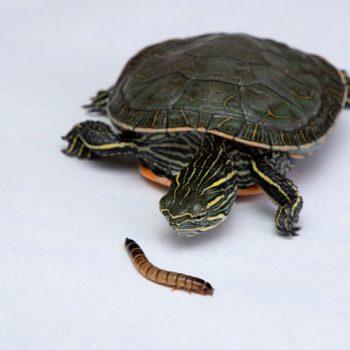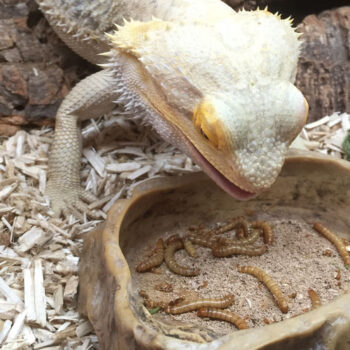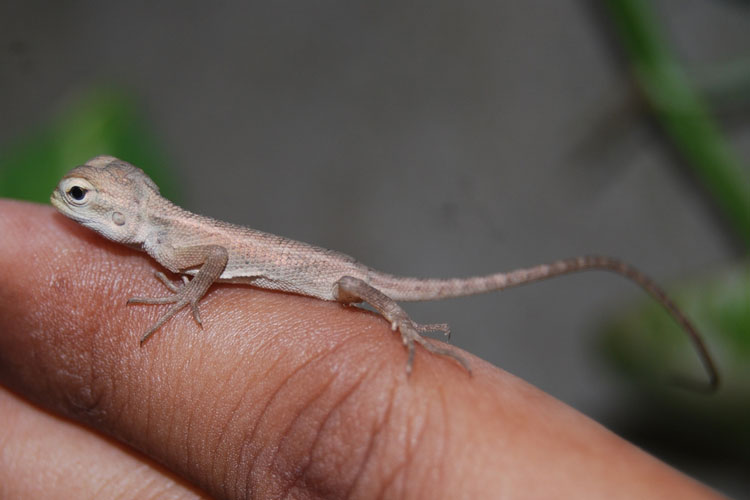
The Incredible Benefits of Mealworms for Chameleons
Chameleons are fascinating creatures known for their unique ability to change colors and their specialized hunting techniques. As owners and caretakers of these marvelous reptiles, it is crucial to provide them with a balanced and nutritious diet. One exceptional addition to a chameleon’s menu is mealworms. These small yet mighty creatures offer numerous benefits to chameleons, ensuring their health, vitality, and overall well-being. In this blog post, we will explore the remarkable advantages of including mealworms in a chameleon’s diet.
- Excellent Source of Protein: Protein is an essential nutrient for chameleons, contributing to the growth, repair, and maintenance of their body tissues. Mealworms are incredibly rich in protein, making them an excellent food source for chameleons. By incorporating mealworms into their diet, chameleons receive a boost of high-quality protein that aids in muscle development and overall physical health.
- Balanced Nutrition: Mealworms are not only packed with protein but also contain other essential nutrients crucial for chameleon health. They are a good source of vitamins, minerals, and amino acids that contribute to optimal growth, bone strength, and overall metabolic function. The combination of protein and balanced nutrition found in mealworms ensures that chameleons receive a complete and well-rounded diet.
- Hydration: Water intake is essential for chameleons, and mealworms can contribute to their hydration needs. These wriggly larvae have a high moisture content, offering a natural source of hydration for chameleons. This is especially beneficial in arid environments or during periods of low water availability, helping to prevent dehydration and maintain proper bodily functions.
- Enrichment and Mental Stimulation: Mealworms provide an excellent opportunity for enrichment and mental stimulation in chameleons. Their active nature and natural prey-like behavior can stimulate the chameleon’s hunting instincts. The process of hunting, capturing, and consuming mealworms can keep chameleons engaged, promoting mental and physical exercise. This enrichment can contribute to their overall well-being and help prevent boredom-related behaviors.
- Variety and Dietary Diversity: Feeding chameleons a varied diet is essential to ensure they receive a broad range of nutrients. Including mealworms as part of their diet provides variety and dietary diversity. By alternating between mealworms and other feeder insects, such as crickets or dubia roaches, chameleons can benefit from different nutrient profiles, preventing nutritional deficiencies and promoting a healthier immune system.
- Convenient and Readily Available: One of the practical advantages of mealworms is their availability and ease of storage. They are widely accessible in most pet stores, and they can be conveniently stored in a refrigerator to prolong their shelf life. This makes mealworms a convenient and reliable food source, ensuring that chameleons can be fed regularly with minimal effort.
Sunshine State Worms – Mealworms for Chameleons
Mealworms offer a multitude of benefits for chameleons, from being a rich source of protein and balanced nutrition to providing hydration and mental stimulation. By incorporating mealworms into a chameleon’s diet, owners can contribute to their overall health and well-being. However, it’s important to remember that mealworms should be part of a varied and balanced diet that also includes other feeder insects and appropriate plant matter. As responsible caretakers, always consult with a reptile veterinarian or herpetologist for specific dietary recommendations tailored to your chameleon’s individual needs.
Post Views: 368
Recent Posts
Recent reviews
-
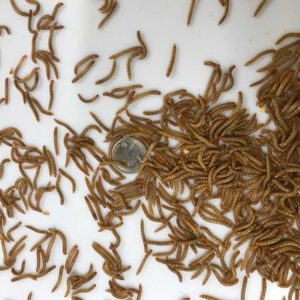 3/4" Medium Mealworms
Rated 5 out of 5by Sara Harden
3/4" Medium Mealworms
Rated 5 out of 5by Sara Harden -
 3/4" Medium Mealworms
Rated 5 out of 5by Kat Breedlove
3/4" Medium Mealworms
Rated 5 out of 5by Kat Breedlove -
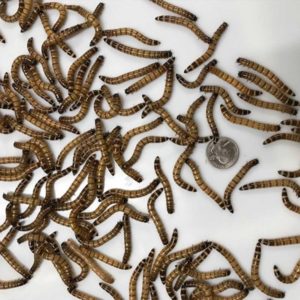 1.25-2" Large Superworms
Rated 5 out of 5by Danielle
1.25-2" Large Superworms
Rated 5 out of 5by Danielle
Tags
bearded dragon food
chameleons
crickets
crickets for sale
feeder insects
feeders for reptiles
fishing bait
gut-loading
hornworms
inspect live worms
live crickets
live crickets for sale
live feeders
live feeder worms
live worms for sale
mealworm
mealworm casting
mealworm castings
mealworms
mealworms castings
mealworms castings for sale
mealworms for birds
mealworms for chameleons
mealworms for reptiles
mealworms for sale
online worms for sale
pet nutrition
pet reptile food
protein for reptiles
reptile diet
reptile diet tips
reptile feeders
reptile food
reptile food for sale
reptile health
reptile nutrition
shipping feeder insects
snack for birds
Sunshine State Worms
superworms
superworms for reptiles
superworms for sale
superworms nutrition
worms for reptiles
worms for sale

